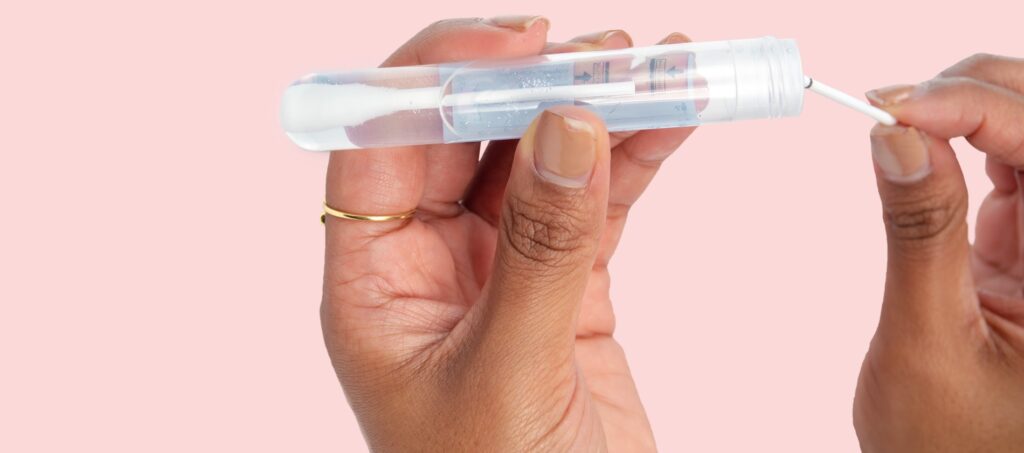Sexual Health 101: All About Genital Herpes
What is it?
Genital herpes is one of the most common sexually transmitted diseases in the U.S. It is caused by the herpes simplex virus (HSV), which had two types: HSV-2, which causes sores on or around the genitals, and HSV-1, the one that causes “cold sores” on the mouth or face, but can also be found on the genitals. Only two out of ten people who are infected with genital herpes know that they have it, because for many people it produce either no symptoms or very mild ones.
How do you get it?
HSV is passed from one person to another through sexual contact. This can happen even if the person with the virus doesn’t have the symptoms or signs of infection. The virus will enter through the skin, and travel along nerve paths. It may become inactive in the nerves and remain there indefinitely. People with herpes are contagious to others from before an outbreak of blisters or sores occurs until the outbreak is gone.
What are the symptoms?
Although not everybody who is infected shows symptoms, those who do usually experience a first-time outbreak that lasts approximately 3-4 weeks and can be very painful. This initial herpes outbreak is usually the worst one you’ll experience.
First outbreak symptoms:
- Itching, burning blisters or sores in the genital region
- Painful urination
- Swollen lymph nodes
- Fever, headache, joints and muscle aches, and stiff neck
The frequency of future outbreaks will vary by the individual. They usually last around 5-7 days.
Recurrent outbreak symptoms:
- Blisters that break open and cause painful sores. These may be on or around your genitals (penis or vagina) or on your buttocks, thighs, or rectal area. More rarely, blisters may occur inside the urethra — the tube urine passes through on its way out of your body
- Small, round wounds in groups
- Swollen lymph nodes
- Soreness and itching where the HSV will appear
- Itching or tingling around your genitals or your anal region
- Flu-like symptoms, including fever, swollen lymph nodes, and fatigue
- Backaches
What are genital herpes treatments?
Herpes is a viral infection which isn’t totally curable, but there are medications that help prevent, or at least limit the frequency and severity of, outbreaks. Some people who get frequent outbreaks take prescription antiviral medications every day to suppress the virus, while others only take medication when they feel an outbreak coming on. While antivirals don’t always eliminate symptoms entirely, they can reduce the number and duration of outbreaks, and reduce the risk of infecting others.
More articles that might be helpful:
The Minipill vs. the Combination Pill: What’s the Difference?
3 STIs That Are On the Rise (and How to Protect Yourself)
How to Get (Affordable) Birth Control Online
This blog provides information about telemedicine, health and related subjects. The blog content and any linked materials herein are not intended to be, and should not be construed as a substitute for, medical or healthcare advice, diagnosis or treatment. Any reader or person with a medical concern should consult with an appropriately-licensed physician or other healthcare provider. This blog is provided purely for informational purposes. The views expressed herein are not sponsored by and do not represent the opinions of Nurx™.



